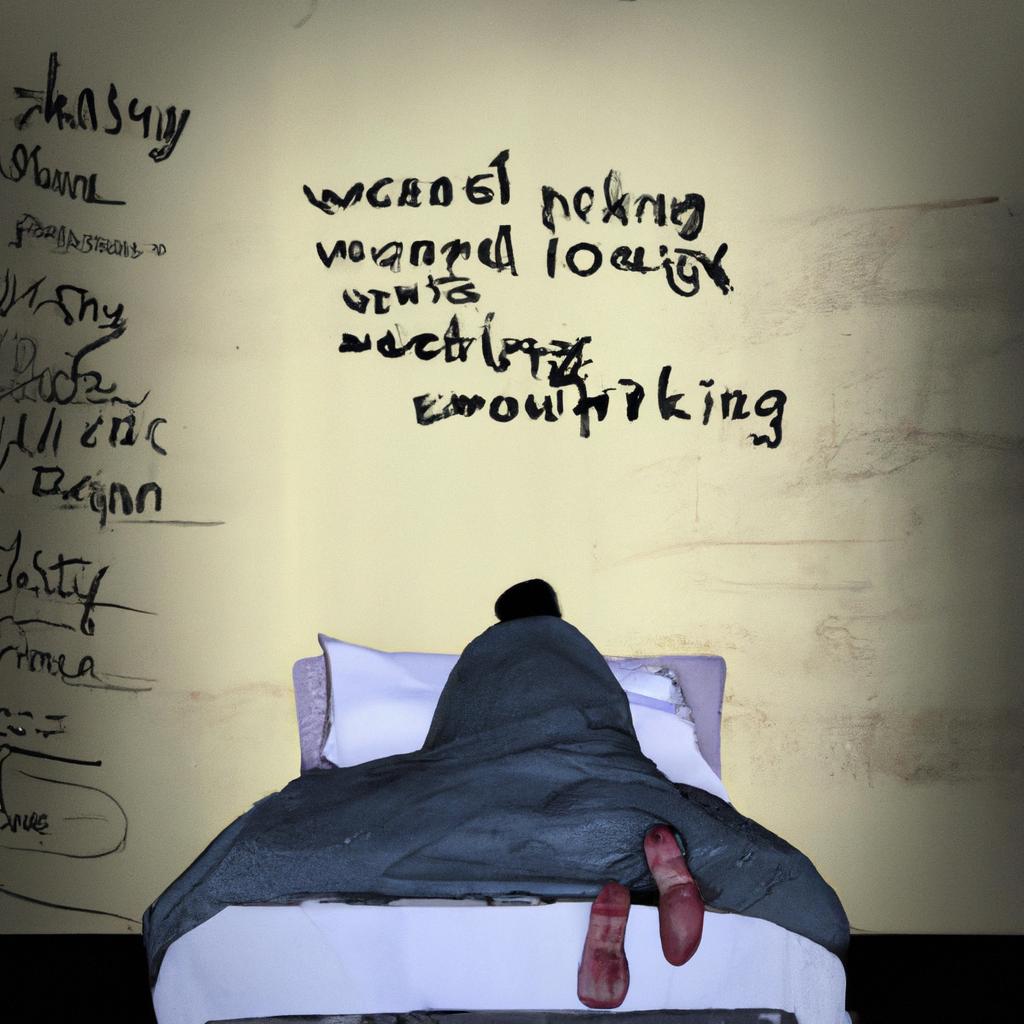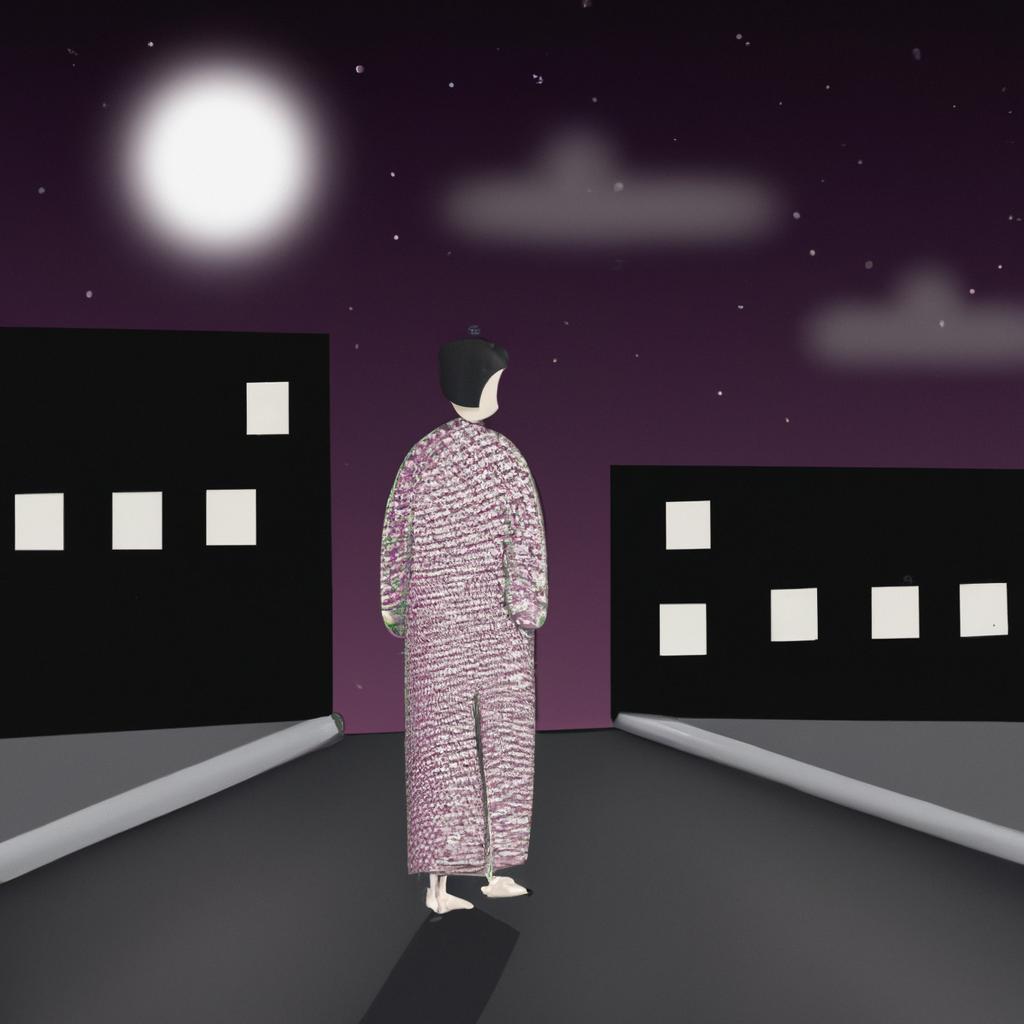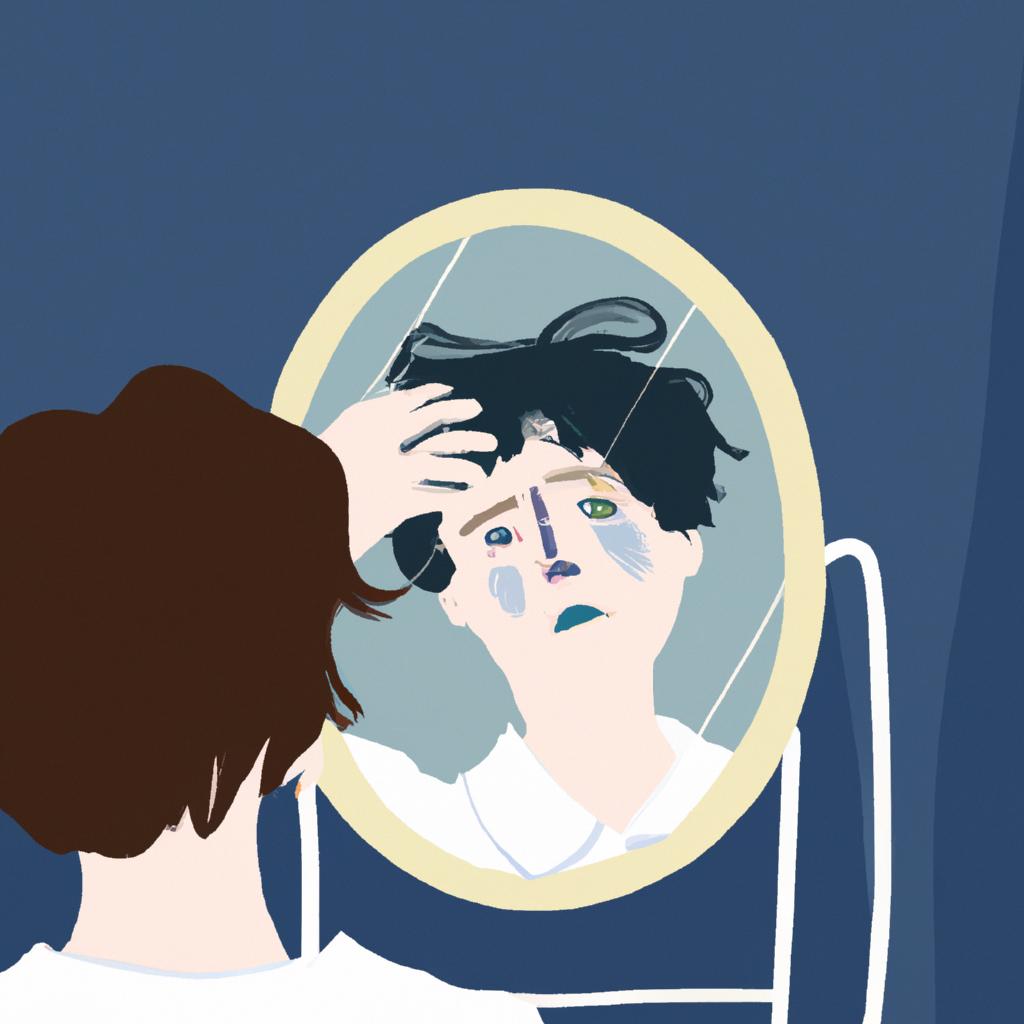Have you ever found yourself wandering around your house in a daze, only to later realize that you were sleepwalking? It’s a strange and somewhat eerie experience, one that has been the subject of many songs, including “Sleepwalking” by Modest Mouse.
For those unfamiliar with the band, Modest Mouse is an American rock band formed in 1992 in Issaquah, Washington. The band is known for its unique sound, which blends elements of indie rock, alternative, and post-punk.
But what makes “Sleepwalking” stand out from the rest of Modest Mouse’s discography? In this article, we’ll take a closer look at the band’s haunting song and explore its lyrics, meaning, and significance in their career.
Before we dive in, let’s first define what sleepwalking is and provide a brief history of Modest Mouse for those who may be unfamiliar.
The Inspiration Behind “Sleepwalking”

Insights from the Band Members
According to lead singer Isaac Brock, “Sleepwalking” was inspired by a dream he had where he was trying to find his way home. He explained that the dream felt like a metaphor for life itself, where we’re all trying to find our way in the world.
Brock also revealed that the song was originally written for a film soundtrack but was eventually scrapped. However, the band held onto the song and eventually recorded it for their 2004 album “Good News for People Who Love Bad News.”
Analysis of the Lyrics and Their Meaning
The lyrics of “Sleepwalking” are haunting and introspective, touching on themes of isolation, confusion, and the search for meaning in life. The song’s opening lines, “Your eyes are burning holes through me / I’m gasoline,” set the tone for the rest of the track, which explores the feeling of being lost and disconnected from the world.
One of the most striking lyrics in the song is the repeated line “I’m just sleepwalking,” which serves as a metaphor for the feeling of going through life on autopilot, without a clear sense of direction or purpose. The chorus, which repeats the line “I’m just sleepwalking,” emphasizes the cyclical nature of life and the feeling of being stuck in a never-ending loop.
Overall, “Sleepwalking” is a deeply introspective and thought-provoking song that showcases Modest Mouse’s ability to explore complex themes through their music.
The Significance of “Sleepwalking”

Impact on Fans and Critics
“Sleepwalking” has had a profound impact on both Modest Mouse fans and music critics alike. Many fans consider it to be one of the band’s best songs, praising its haunting melody, introspective lyrics, and emotional depth.
Critics have also been impressed with the song, with some even calling it a masterpiece. Pitchfork gave “Sleepwalking” a glowing review, lauding its “heart-wrenching” lyrics and “gorgeous” instrumentation. Other publications, such as The Guardian and Rolling Stone, have also praised the song’s haunting beauty and emotional resonance.
Comparison to Other Modest Mouse Songs
While Modest Mouse has an extensive discography, “Sleepwalking” stands out as one of the band’s most haunting and memorable songs. Its unique blend of dreamy, ethereal instrumentation and introspective lyrics sets it apart from other Modest Mouse tracks.
Comparing “Sleepwalking” to other Modest Mouse songs, it’s clear that the band was pushing their creative boundaries with this track. The song’s intricate and layered production, combined with lead singer Isaac Brock’s emotive vocals, make for a truly unforgettable listening experience.
Cultural Relevance
In addition to its impact on fans and critics, “Sleepwalking” has also had cultural significance. The song has been featured in various TV shows and films, including the hit series “Breaking Bad.”
Furthermore, the themes explored in “Sleepwalking” – such as the fear of losing oneself and the struggle to find meaning in life – are universal and relatable. As such, the song has resonated with many people over the years and continues to be a beloved track in Modest Mouse’s repertoire.
The Science of Sleepwalking

Sleepwalking is a type of parasomnia, a category of sleep disorders that involve abnormal movements, behaviors, emotions, perceptions, and dreams. It occurs during deep non-REM sleep and usually lasts for a few minutes to half an hour.
Explanation of What Happens During Sleepwalking
During sleepwalking, a person may sit up in bed, walk around the room, open windows or doors, get dressed, eat, drive a car, or engage in other complex behaviors without any awareness or memory of the event. They may have a blank expression on their face, their eyes may be open but glazed, and their movements may be clumsy or uncoordinated.
Sleepwalking is often accompanied by other symptoms such as talking, moaning, screaming, or crying. It can also be triggered by external factors such as stress, anxiety, sleep deprivation, alcohol, medication, or underlying medical conditions.
Causes and Risk Factors
The exact cause of sleepwalking is still unknown, but several factors may increase the risk of developing the disorder, including:
- Genetics: sleepwalking tends to run in families, suggesting a genetic component.
- Age: sleepwalking is most common in children between the ages of 4 and 8, but it can occur at any age.
- Sleep deprivation: lack of sleep or poor quality sleep can increase the likelihood of sleepwalking.
- Medical conditions: sleepwalking may be associated with medical conditions such as epilepsy, obstructive sleep apnea, or restless leg syndrome.
- Substance use: alcohol, sedatives, and other drugs can trigger or exacerbate sleepwalking.
Treatment Options
Treatment for sleepwalking depends on the severity and frequency of the episodes. In mild cases, simple lifestyle changes such as improving sleep hygiene, reducing stress, and avoiding triggers may be enough to prevent sleepwalking.
In more severe cases, medication such as benzodiazepines or antidepressants may be prescribed to help control symptoms. Cognitive-behavioral therapy, relaxation techniques, and hypnosis may also be effective in managing sleepwalking. It’s essential to seek medical help if sleepwalking episodes are frequent, dangerous, or interfering with daily life.
Coping with Sleepwalking
Sleepwalking can be a frightening experience, both for the person who is sleepwalking and for those around them. If you or someone you know is prone to sleepwalking, there are steps you can take to reduce the frequency and severity of episodes.
Tips for Preventing Sleepwalking
- Establish a regular sleep schedule: Consistency is key when it comes to sleepwalking. Try to go to bed and wake up at the same time every day, even on weekends.
- Create a calm sleep environment: Make sure your bedroom is cool, dark, and quiet. Avoid caffeine, alcohol, and large meals before bedtime.
- Reduce stress: Stress can trigger sleepwalking episodes, so try to manage stress through relaxation techniques like deep breathing, yoga, or meditation.
- Avoid certain medications: Some medications, such as sedatives and antihistamines, can increase the likelihood of sleepwalking. Talk to your doctor about any medications you are taking that may be affecting your sleep.
Coping Mechanisms for Those Who Sleepwalk
- Secure your environment: If you or someone you know is prone to sleepwalking, make sure the sleep environment is safe. Remove any potential hazards like sharp objects or tripping hazards.
- Use alarms: Place an alarm on the bedroom door or windows to alert you if you try to leave the room while sleepwalking.
- Wake up at the right time: If you know you are prone to sleepwalking at a certain time, set an alarm to wake up a little earlier or later than that time.
- Seek support: Talk to a therapist or support group to get help managing stress and anxiety.
The Importance of Seeking Medical Help
If sleepwalking episodes persist despite taking preventative measures, it’s important to seek medical help. Your doctor may recommend a sleep study or refer you to a sleep specialist to determine the underlying cause of your sleepwalking. In some cases, medication or therapy may be necessary to manage sleepwalking. Remember, sleepwalking can be a serious condition, so it’s important to take it seriously and seek help if needed.
Conclusion
In conclusion, “Sleepwalking” by Modest Mouse is a haunting and introspective song that explores the themes of self-doubt and uncertainty. The band’s unique sound and Isaac Brock’s raw vocals make this track stand out from the rest of their discography.
Through the lyrics of “Sleepwalking,” Modest Mouse has created a powerful commentary on the human condition, reminding us that we are all fallible and prone to making mistakes. This song has resonated with fans and critics alike and remains a staple in the band’s live performances.
If you or someone you know experiences sleepwalking, remember that it is a treatable condition. Seeking medical help can make all the difference in managing and preventing episodes of sleepwalking.
Thank you for joining me on this journey into the world of “Sleepwalking” by Modest Mouse. For more information on the band and their music, be sure to check out mousefaqs.com, your go-to source for all things Modest Mouse.


